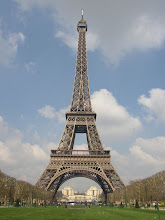skip to main |
skip to sidebar
Ads 468x60px
Pages
About Me
Blog Archive
-
▼
2011
(112)
-
▼
May
(17)
- Karunanidhi takes oath as MLA
- Ex-cop's wife says 'lying' rape accuser should be ...
- Naked atrocity on 10-year-old boy in RR's home dis...
- Minister dies in accident; probe ordered
- Nine policemen killed in Naxal attack in Chhattisgarh
- ITBP sends Rs 10 cr bill for Kasab's security
- 2G: Delhi HC issues notice to CBI on Kanimozhi's b...
- India releases list of most 50 'most wanted fugiti...
- Police confirm Indian’s death at world tower ( Bur...
- Chennai gets first Civils topper
- 2 quakes in Spain kill 10, injure dozens
- Four girls among 16 arrested following raid on res...
- Dead' girl appears in court
- US, Pak agreed on Osama mission in secret deal 10 ...
- DMK sacrificing Raja to save Kanimozhi?
- ED summons Kanimozhi in 2G case
- Inside the raid that killed bin Laden
-
▼
May
(17)
Followers
Powered by Blogger.
Copyright (c) 2011 Athirade English news.
Designed by Blogger templates







0 comments:
Post a Comment